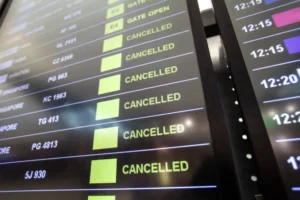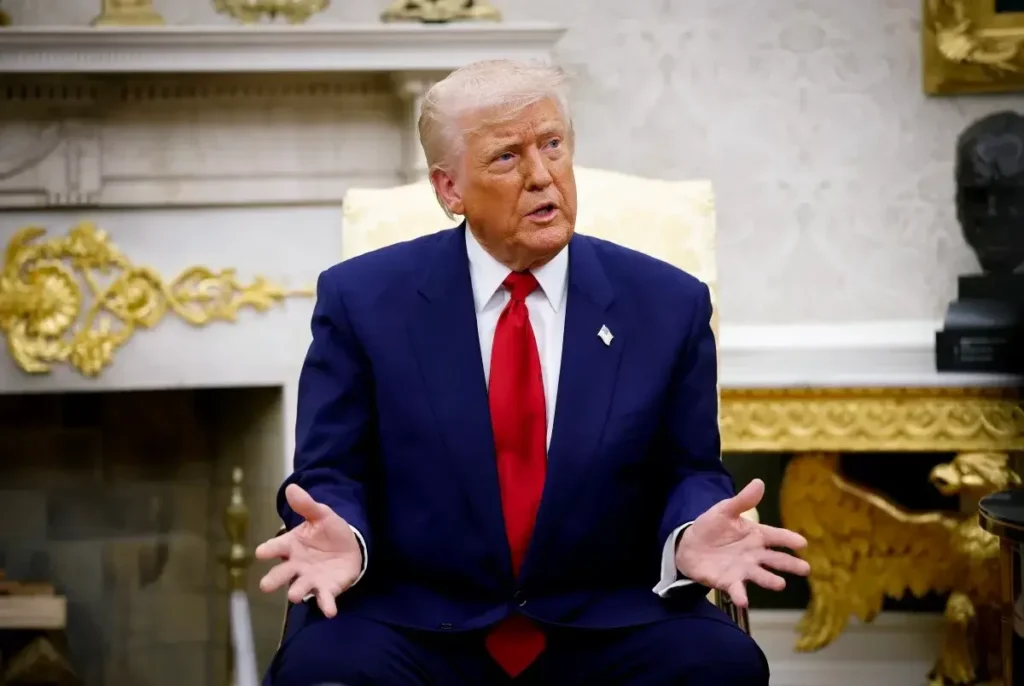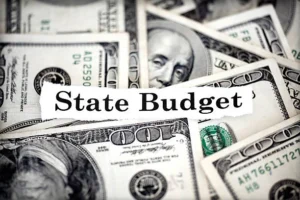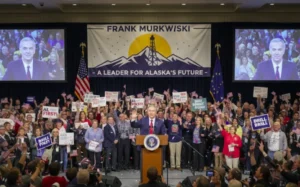The United States and European Union finalized Thursday’s agreement to cap tariffs on pharmaceuticals, lumber, and semiconductors at 15%. President Donald Trump previously threatened tariffs as high as 250% on pharmaceuticals and 100% on semiconductors, raising concerns across European industries.
The new US-EU trade deal tariffs announcement comes after months of uncertainty. It provides businesses with clarity while signalling stability in transatlantic economic relations. European Commission President Ursula von der Leyen praised the agreement, calling it a victory for member states, industries, and overall global trade stability.
The framework rolls back tariffs on unavailable natural resources, aircraft parts, and generic pharmaceuticals to pre-January levels beginning September 1. European Trade Commissioner Maroš Šefčovič described the framework as a first step, stressing the potential to expand exemptions in future discussions.
The agreement excluded the wine and spirits sector, disappointing European producers, while US restaurant groups warned about compounding challenges. Chris Swonger, president of the Distilled Spirits Council, said the higher tariffs would heavily burden struggling restaurants and bars nationwide.
Ireland, a leading pharmaceutical exporter, welcomed the tariff cap. Prime Minister Micheál Martin emphasized protection for critical sectors, including pharmaceuticals and semiconductors. The deal also includes EU commitments to purchase $750 billion in US energy products and $40 billion in AI technology through 2028.
European companies pledged $600 billion in investments across strategic US sectors, though official documents described them only as expectations. Commerce Secretary Howard Lutnick hailed the deal on X, saying it strengthened national security while delivering victories for American industries and workers.
The agreement further promises cooperation on critical minerals and digital trade barriers, with both sides seeking aligned strategies to address global competition. Trump stated that governments failing to meet commitments would face higher tariffs, framing the outcome as a significant achievement under America First. The auto industry remains affected, as 27.5% tariffs on European cars will remain until Europe eliminates tariffs on US industrial goods.








